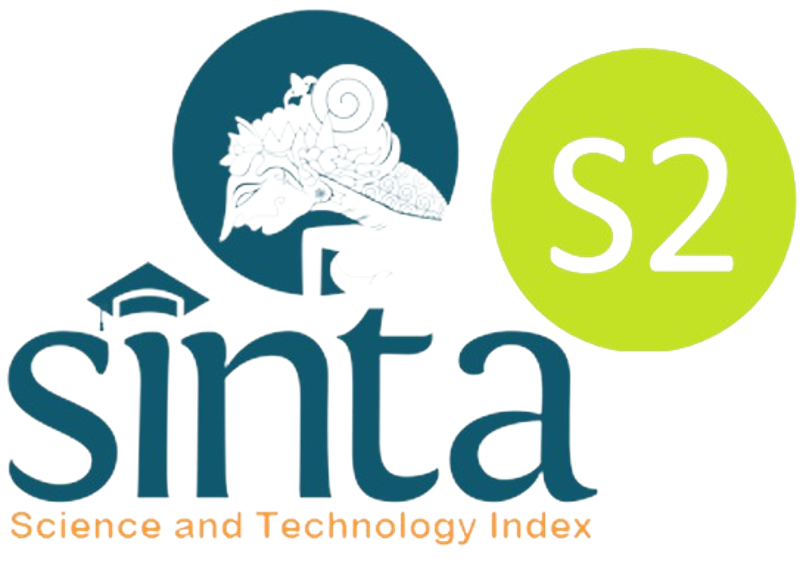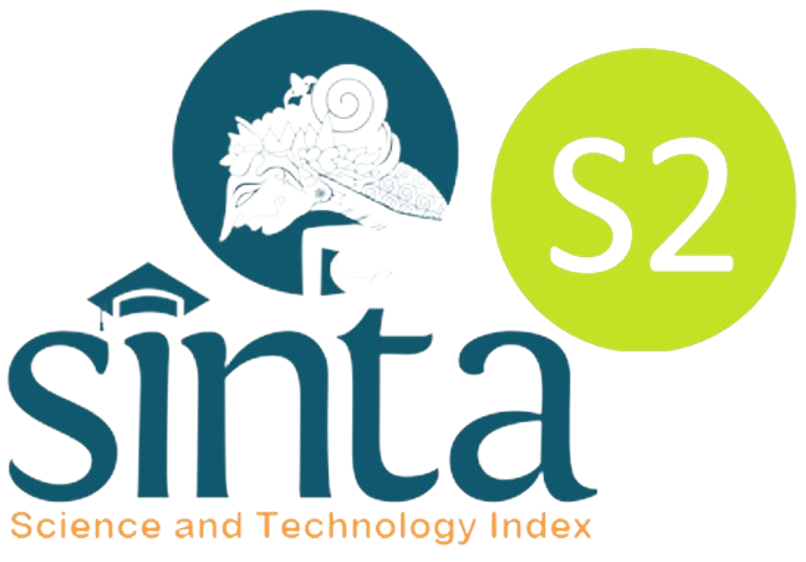Inquiry Learning Tools to Train Science Process Skills at The Junior High School Level
DOI:
https://doi.org/10.26740/jpps.v9n2.p1812-1818Keywords:
inquiry learning tools, Science Process Skills, The Junior High School level.Abstract
Inquiry is a core of science learning. One of the factors of success in learning in the classroom is determined by the existence of learning tools that are appropriate to the learning objectives. This study aims to determine the extent of the feasibility of inquiry learning devices at the junior high school level to drive science process skills. The research method uses descriptive quantitative. Data analysis was performed on the results of the validator using content validity. As 2 expert validators came from 2 different colleges and one from school practitioners. Validated learning tools consist of lesson plan, teaching materials, and assessment. Lesson plan developed using inquiry learning model with OMGVA syntax (observation-manipulation-generalization-verivication-application). Validation method uses the Aiken model. The results obtained show that all learning devices are valid with a range of 0.8 and 1 values, meaning that inquiry learning devices can be used to train process skills in junior high school level.
Downloads
References
Downloads
Published
How to Cite
Issue
Section
 Abstract views: 503
,
Abstract views: 503
, PDF Downloads: 442
PDF Downloads: 442












